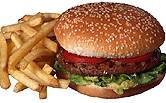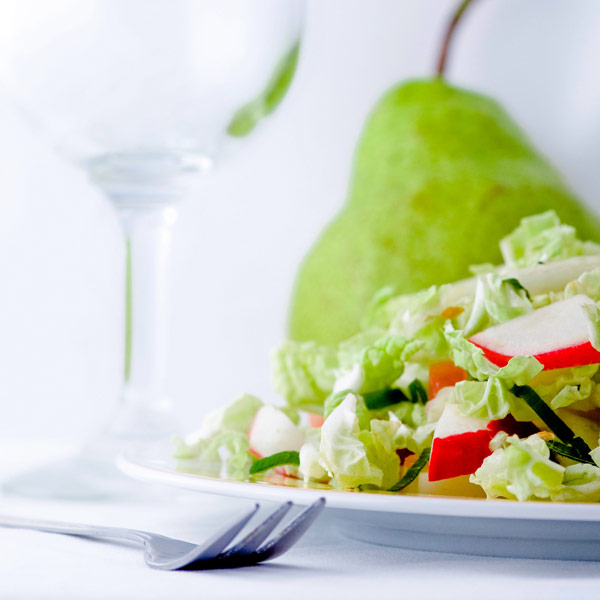
FRIDAY, July 10, 2015 (HealthDay News) — Eating on the run might not be so bad after all: A new study finds diners consume more salt and cholesterol in sit-down restaurants than they do in fast-food joints.
“People usually view fast food as junk food, and blame it for serving an extra intake of calories, sugars and sodium,” said study author Ruopeng An, an assistant professor in the College of Applied Health Sciences at the University of Illinois at Urbana-Champaign.
“That’s often true when compared with eating at home. But we found that when the comparison is with full-service restaurants, fast food is not necessarily worse,” An said.
For example, he said, people who frequent fast-food places and full-service restaurants consume about the same number of additional calories (nearly 200) and total fat (about 10 grams), on average, compared to those who cook their meals at home.
The findings were published recently in the European Journal of Clinical Nutrition.
To compare eating habits in different settings, the research team sifted through data collected between 2003 and 2010 by the U.S. National Health and Nutrition Examination Survey.
Nearly 18,100 American adults were asked on two occasions to describe the meals they consumed in the preceding 24 hours.
A little less than one-third reported having eaten at a fast-food restaurant during that time, while from one-fifth to one-quarter said they had eaten at a full-service restaurant.
The survey determined that full-service restaurant meals are actually healthier than fast-food meals or home cooked meals when it comes to containing certain key vitamins (B6, vitamin E, vitamin K, copper and zinc), as well as potassium and omega-3 fatty acids.
But regular restaurant meals also scored the worst on cholesterol intake, containing an average of 58 milligrams (mg) of extra cholesterol a day compared with home-cooked meals. Fast-food meals only contained an extra 10 mgs of cholesterol, the researchers said.
Regular restaurants also contained 412 mgs of extra sodium a day, compared with home meals. Fast food’s excess sodium content amount to an extra 300 mgs.
Excess sodium, in the form of salt, poses a risk for high blood pressure and heart disease. Elevated cholesterol also hurts heart health.
Still, fast-food meals had the poorest marks with respect to excess saturated fat content, and contained significantly more sugar (and significantly less fiber, vitamin A, D, and C, and magnesium) than home-cooked meals, while full-service restaurant meals did not.
The study authors also found some individual differences. Obese patrons tended to consume more calories than their slimmer peers regardless of where they ate out, while blacks tended to consume more calories, fats, salt and sugar in either type of restaurant compared to whites or Hispanics.
And in a twist, An pointed out that eating meals at home after ordering them at a regular-service restaurant (though not at a fast-food place) made for a healthier bottom line than eating out.
“It’s probably due to the fact that eating out is more likely a social event,” he said. “More time is spent eating. And also when the food is brought home, it’s more likely to be combined with healthier food at home.”
Either way, An added, “we recommend that people consume their own food in their own home whenever possible.”
Recognizing that’s not always possible, Lona Sandon, an assistant professor of clinical nutrition at the University of Texas Southwestern Medical Center at Dallas, shared some tips for those who do eat out.
“First thing people can do when eating out is look for foods or entrees that include fresh, steamed, baked, or grilled vegetables and lean meats,” she said. She also favors fruits, vegetables, green salads with lean protein, and broth-based and lentil soups.
“Second, think small,” Sandon added. “Choose the small option when available, ask if a half portion is an option, or order a kid’s sized meal.”
More information
For more tips on eating out, see the U.S. National Heart, Lung, and Blood Institute.
Copyright © 2026 HealthDay. All rights reserved.

